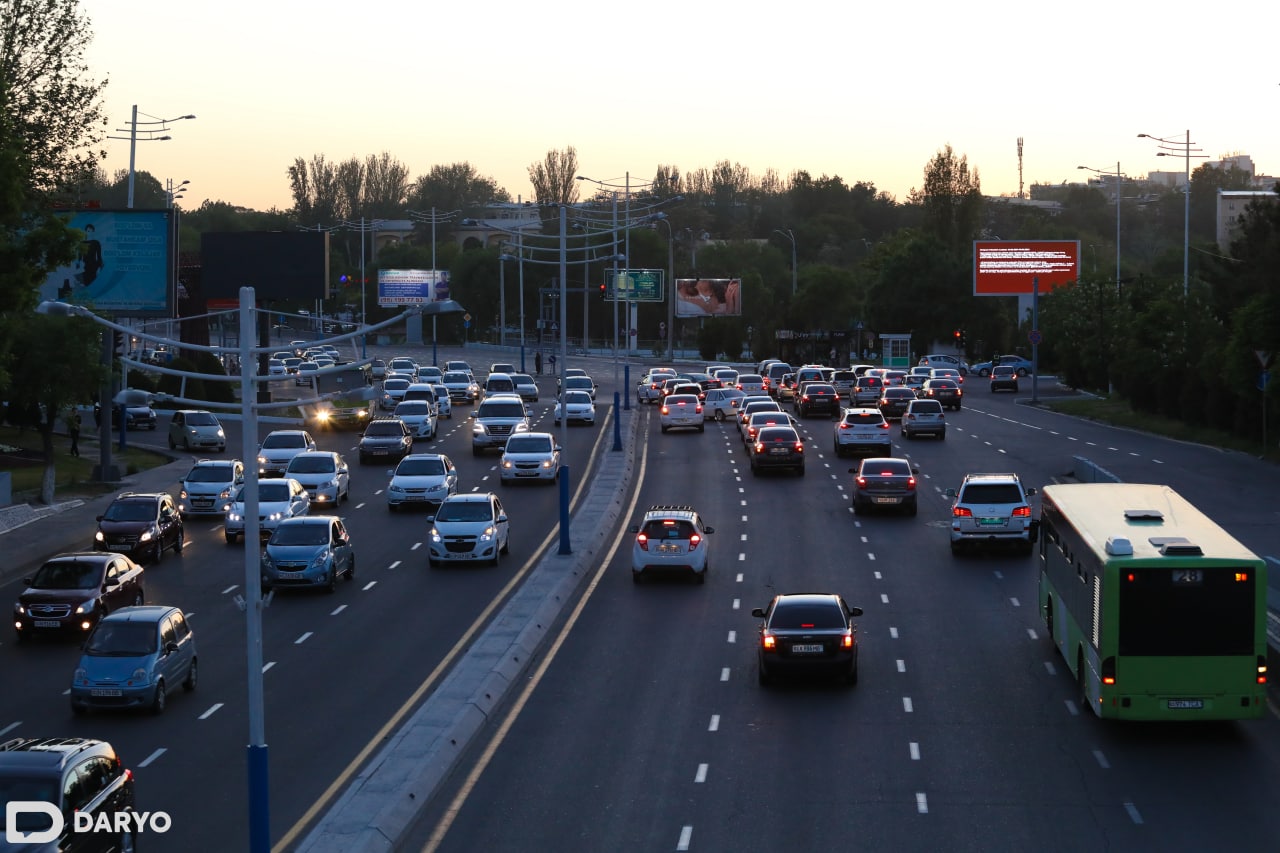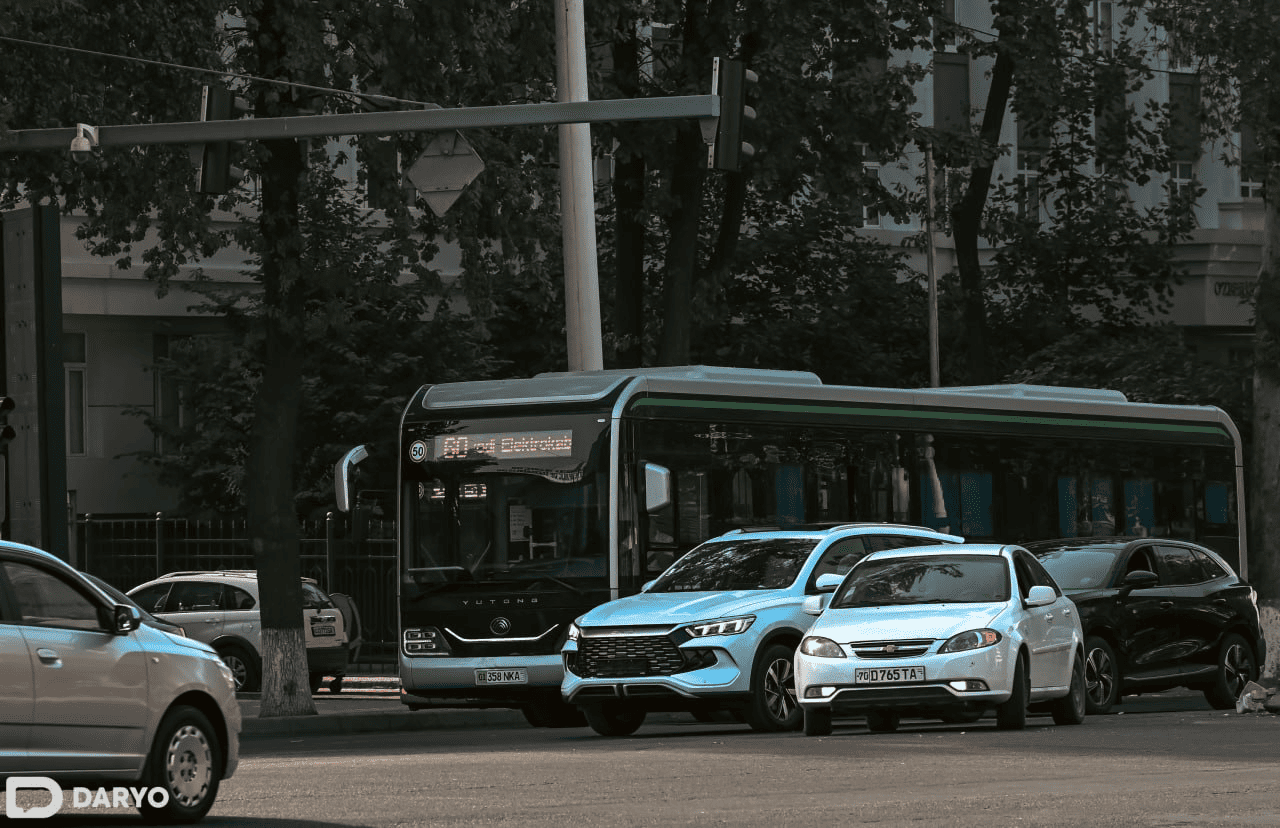Over 4.2bn passengers were transported in Uzbekistan during the first eight months of 2024, marking a growth rate of 106% compared to the same period in 2023. This surge in passenger traffic underscores the reforms and investments being made in the country’s transport sector, which were highlighted at a recent event titled "Achievements and Future Plans for Sustainable Economic Growth, Attracting Investments and Supporting Entrepreneurship to Improve the Well-being of the Population."

Held on October 18, 2024, at Renessans Hall in Tashkent, the event featured a panel session focusing on "Transport Sector Reforms, Public-Private Partnership Projects and the Role of International Cooperation in this Field." Esteemed representatives from international financial institutions such as the World Bank, European Bank for Reconstruction and Development, UK Export Finance, and EXPORT-IMPORT BANK OF KOREA attended, alongside major airlines and transportation companies including Boeing, Airbus, Qatar Airways Group, and Hyundai Rotem Company.
Minister of Transport Ilkhom Makhkamov opened the session by detailing the ongoing reforms in Uzbekistan’s transport infrastructure. He emphasized the successful expansion of passenger transport services, which has seen the number of companies and operational vehicles increase significantly. The rise in road transportation includes 41,632 vehicles currently in service, with 1,203 buses purchased nationwide in 2023—1,004 of which are specifically for public transport in Tashkent.
Makhkamov also spotlighted the impressive developments in the metro system, which has expanded from 29 stations and 38 kilometers of track to 50 stations and 71 kilometers over the past six years. This expansion has resulted in the metro serving 172mn passengers in 2023, with projections indicating this figure will reach 209 million by the end of 2024. Daily ridership is expected to rise from around 300,000 in 2021 to approximately 1mn by 2024.
In the short term, plans include the acquisition of 1,294 new buses, emphasizing electric models for Tashkent and Samarkand. By 2030, Uzbekistan aims to operate a fleet of 5,000 buses, including 2,000 electric buses, to ensure comprehensive public transport coverage throughout cities and districts.

The aviation sector is also witnessing significant growth. From 2021 to 2024, the number of national airlines increased from 2 to 15, with 12 being private companies. This expansion has boosted flight frequencies, with expectations of reaching 85,000 annual flights by the end of 2024.
Railway transportation remains a vital component of the transport network, with 45 passenger trains operating on 35 routes, serving around 30,000 passengers daily. Recent electrification projects have increased the total length of electrified railways to 3,500 kilometers.
Furthermore, the government has placed a strong emphasis on improving highways. Between 2009 and 2016, more than 1,000 kilometers of roads were constructed, and 20,000 kilometers were repaired for UZS 9 trillion ($704.3mn). In the last eight years, investment surged to UZS 58 trillion ($4.54bn), resulting in the construction of 2,000 kilometers and the repair of 100,000 kilometers of roads.
Currently, six road reconstruction projects covering 729 kilometers are underway in cooperation with international financial organizations. Notable projects include the Kungirot-Beynov route, which is nearing completion, along with significant routes such as Gulistan-Andijan, Dushanbe-Termez, and Bukhara-Turkmenbashi.
Uzbekistan's strategic focus on modernizing its transport sector through public-private partnerships and international cooperation is expected to drive economic growth and enhance the quality of life for all citizens. These efforts will not only improve infrastructure but also support innovation for sustainable development in the transportation landscape of Uzbekistan.
Comments (0)